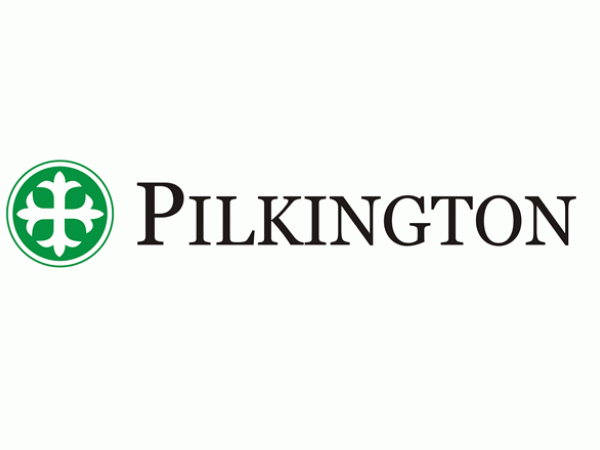
Date: 13 April 2016
Glass for Europe is the trade association for Europe’s manufacturers of flat glass and the NSG Group is an active member of the organisation.It representatives producers of high-tech, energy-efficient and sustainable glass for the architectural and automotive sectors.
Since its recast in 2010, Glass for Europe argues that the EPBD has contributed to improvements in the energy performance of the European building stock. Minimum performance levels for buildings undergoing major renovations and for building components have been set as well as target of Nearly-Zero Energy Buildings (NZEB) for new constructions by 2020. The results to date have demonstrated that improving the energy efficiency of European buildings is achievable.
However, Glass for Europe also contests that the building sector can deliver substantially more energy savings and a revision of the current EPBD provides an ideal opportunity. As well as reinforcing the EU’s objective of an NZEB building stock by 2050, any revision must also incorporate new measures and milestones in order to deliver this ambition.
Research has highlighted that 86% of Europe’s windows are equipped with inefficient glazing and replacing inefficient windows by high performance energy-efficient glazing could save up to 100 million tonnes of CO2 per year in the EU.
Glass for Europe is calling for an ambitious reform of the EPBD in the following areas:
- Support to energy efficient renovation of existing buildings through appropriate financial instruments designed to triple the current renovation rate
- Need to focus measures on the reduction of final energy demand from buildings to gradually increase minimum performance requirements
- Maximize energy savings from windows and glazed facades
- Improve interpretative guidance to ensure adequate implementation and enforcement
Glass for Europe have summarised its position on the revision of the EPBD in the form of an infographic.
 600450
600450

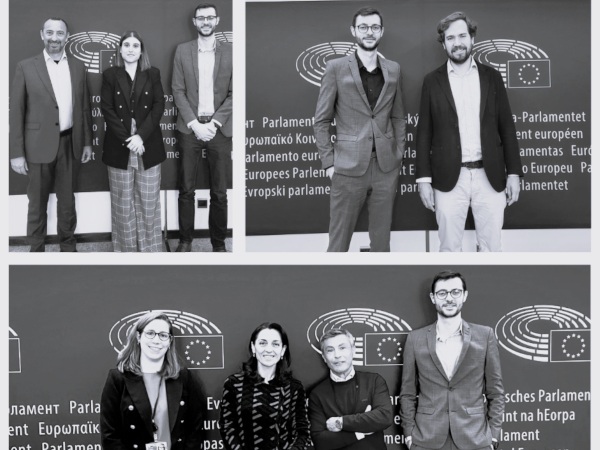
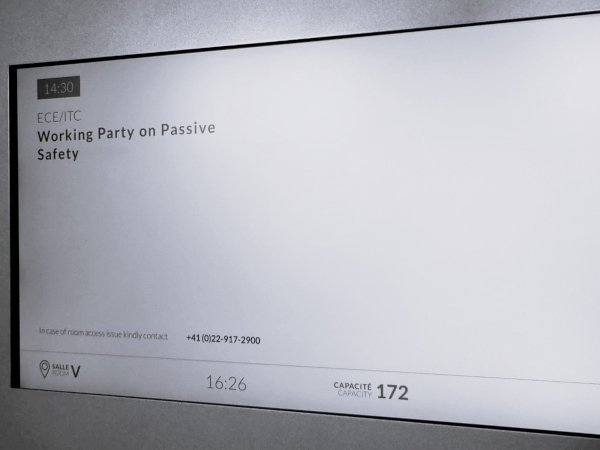

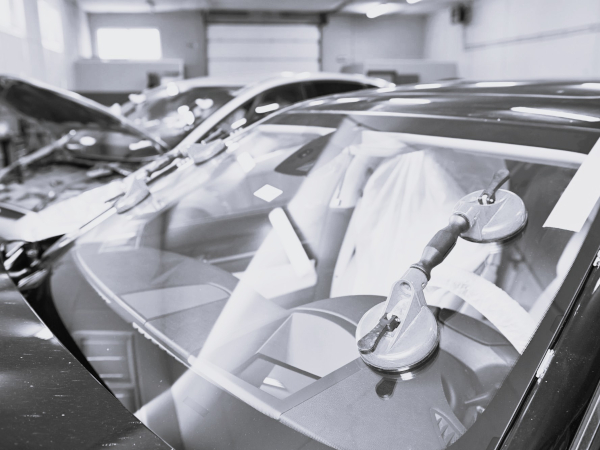
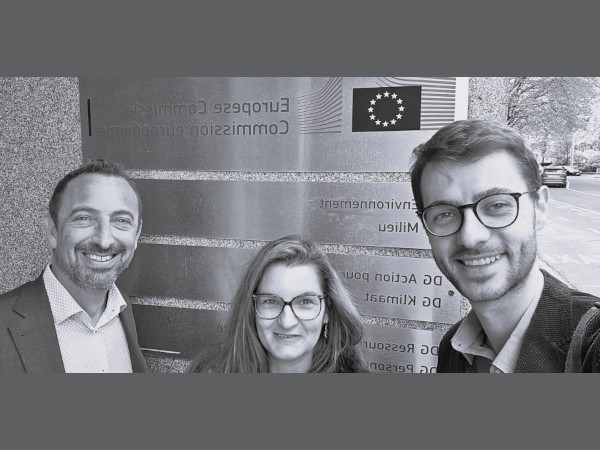
Add new comment